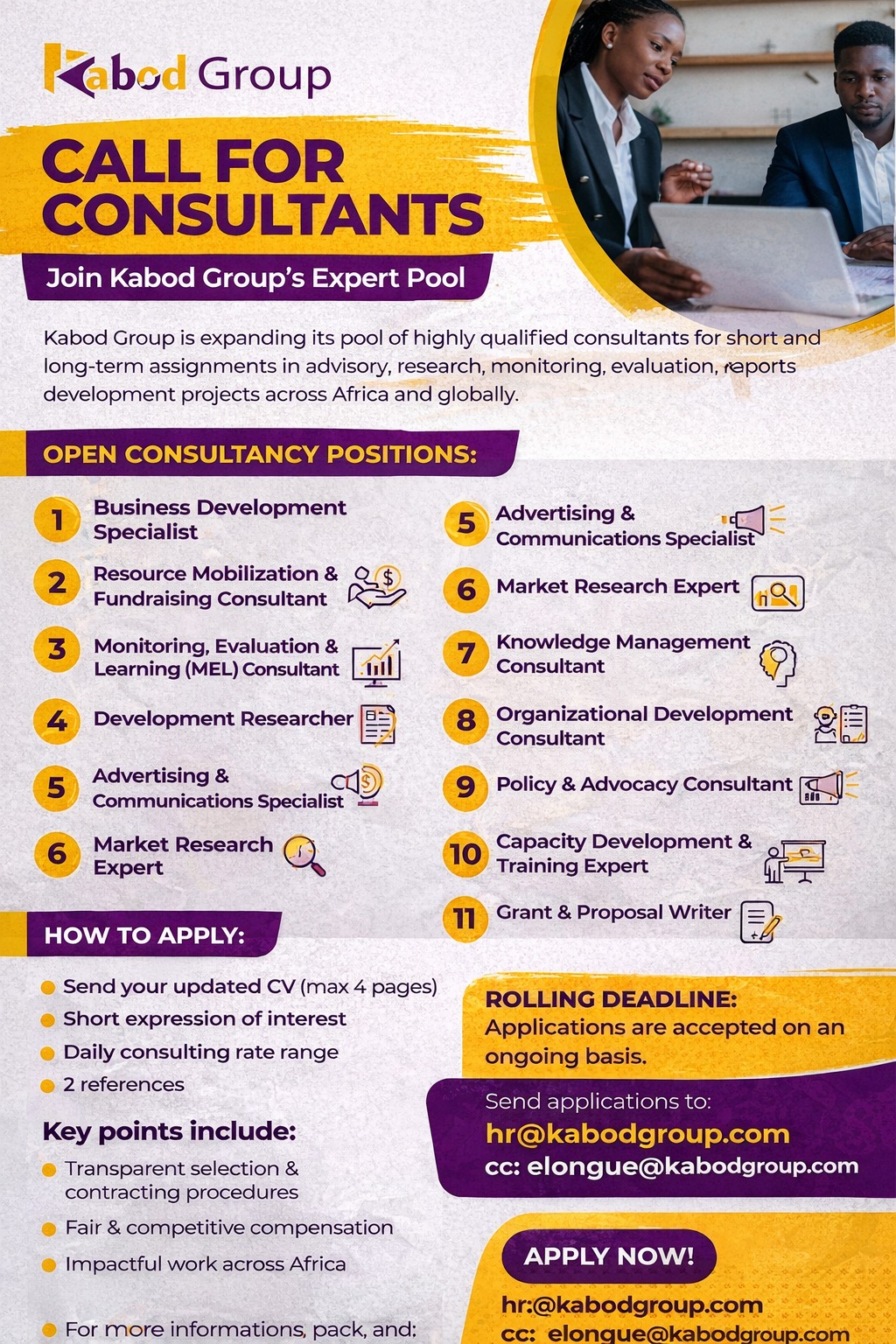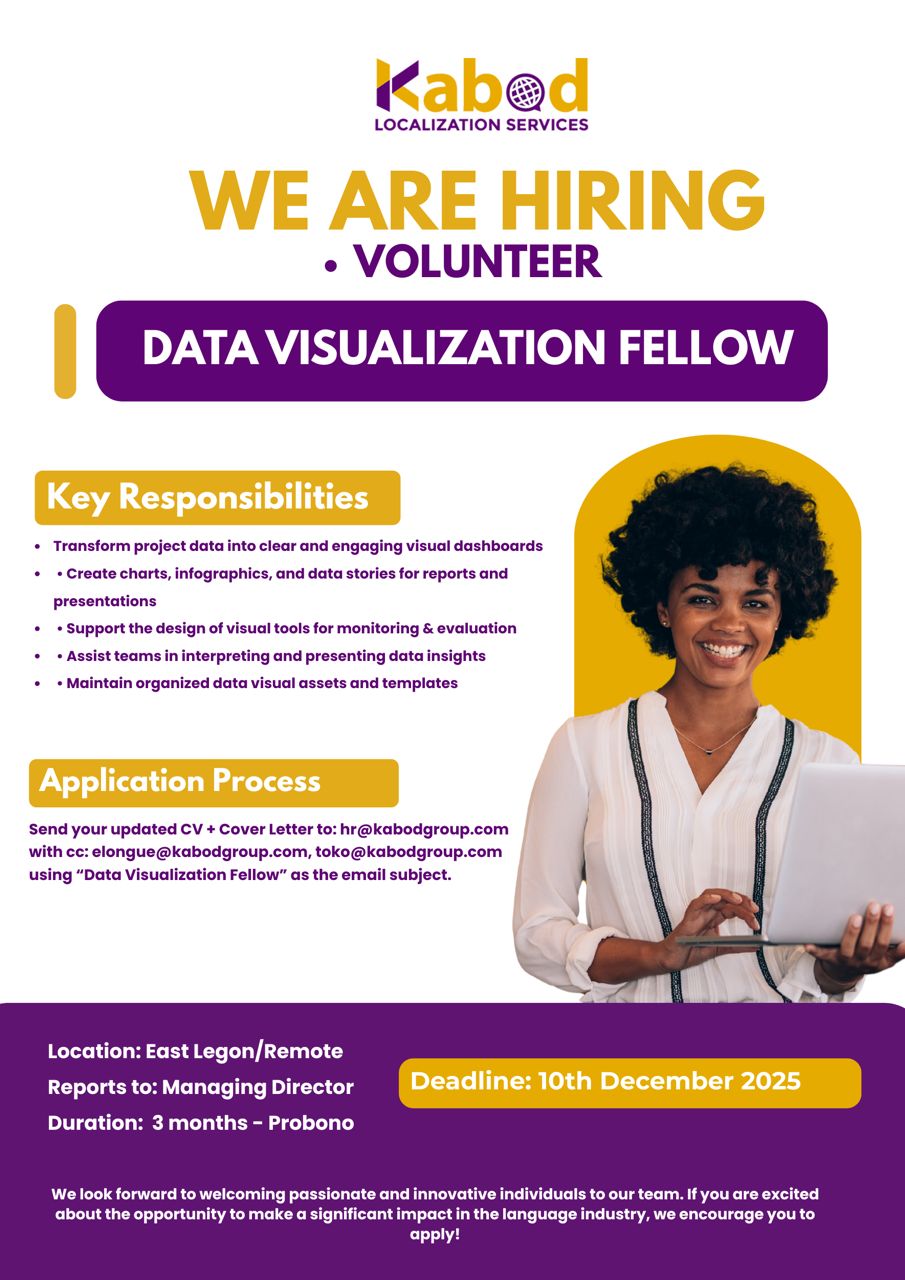How to successfully walk the tightrope of work-life balance as a female translator?
By Sandra Ouattara
“Never get so busy making a living that you forget to make a life”, Dolly Parton, Country singer. That is, our desire to succeed professionally can make us set aside our own well-being, which shouldn’t be the case. It is equally important to make a life for yourself.
However, balancing your professional and personal life can be really challenging, for work sometimes takes over everything else in our lives. But it is essential to create a harmonious work-life balance for your own well-being.
This article focuses on female language professionals and especially African women.
Why women?
Well, because it is a general belief that their place is in their home, building, taking care (cleaning, cooking) and making it a pleasant environment to live in for both husband and children regardless of their work or professional responsibilities; making them the first person in need of a harmonious work-life balance to be able to survive.
Imagine this scenario!
Imagine that you are a female translator, married with 2 children to take care of, in addition to your house and family members. Assuming you work for a translation company during the day and take work home to be able to meet deadlines and secure future contracts.
Morning comes, and you are faced with getting the children ready for school, i.e. help them have their bath, dress up, have their breakfast ready as well as that of your husband while getting yourself also ready for work.
Aside from your professional and nuclear family duties, you also have certain obligations vis-à-vis your in-laws and your own family. That is, to frequently relate and spend time with since we value family life in Africa.
So the question at hand is, how to successfully balance work-life as an African female language professional? But before then, what is work-life balance?
What is work-life balance?
According to Chris Chancey, career expert and CEO of Amplio Recruiting, work-life balance is less about dividing the hours in your day evenly between work and personal life and, instead, is more about having the flexibility to get things done in your professional life while still having time and energy to enjoy your personal life.
In short, work-life balance is the state of equilibrium where a person equally prioritises the demands of one’s career and the demands of one’s personal life. With this being said, here are 4 tips to successfully balance your professional and personal life as a female language professional.
- Set your specific work hours
This tip deals with setting limits to your work time and making time for your family and for yourself, which should be done according to the requirements of your work and the demands of your home.
Learn how to limit your access to work emails, job opportunities platforms outside the working hours you have set for yourself. You should also ensure that the time set for your personal life does not overlap and impede on your working hours, either.
As a freelancer working from home, you can inform your family members or people you share your space with about your work hours and ask them not to interrupt you during that period except in emergency cases.
However, there may be special cases where you need to work extra hours on important and urgent translation projects. But that’s okay for as long as you work hard for balance most days, these exceptions will not destroy your work-life balance attempts.
In special cases where you are faced with the two, I advise you to consider this quote from the author Anna Quindlen which reads: “when in doubt, choose the kids. There will be plenty of time later to choose work.”
- Set your priorities right
According to Stephen Covey, “the key is not to prioritise what is on your schedule, but to schedule your priorities.”
In fact, thinking ahead through your day and planning your activities will help you set priorities, focus on the more important and urgent tasks and be more productive during your work hours. Hence, it will be difficult for you to overlap the set working hours and therefore help you balance your professional and personal life.
It is important to learn to manage your time better, which will help you accomplish your to-do list each day and leave room for you to have extra activities.
- Accept your limitations
It is quite impossible to be both a very busy translator and the perfect mother. Because you being very busy with work will affect the attention you might want to give to your children. Acknowledging your limitations is the first step toward identifying an appropriate work-life balance.
It is okay to share a translation project with trusted colleagues to work on together, or delegate some tasks to colleagues if working with a firm. You could also let your employer know that because of your family duties, you can’t travel out of town more than a given number of days each year, or may not be able to work overtime or on weekends.
As far as personal life is concerned, you can consider hiring a help to help you with the children while working or spread chores across family members instead of trying to do it all yourself.
- Take a break
Life is not only about working and spending quality time with loved ones, but also about taking time for yourself. Don’t be afraid to sometimes disconnect from communications technology or neglect spending time with yourself, far from stress and noise.
It may be about going on a short trip, reading a book or enjoying your favourite activity or simply resting. It will help you distress, analyse your progress, get new ideas and help you ‘reboot’ to do more.
My Last Word
Being a woman is not an easy task, for she is called to combine both professional and personal life. However, succeeding in reconciling both aspects of her life greatly depends on her ability to be well organised, committed and apply the aforementioned tips. Though difficult to achieve, work-life balance is not a mirage.
Has the content been of an added value to you? Kindly share your comments and more information about the topic in the comments box. In case you need help with translating your documents into any African language, contact us via languages@kabodgroup.com.





